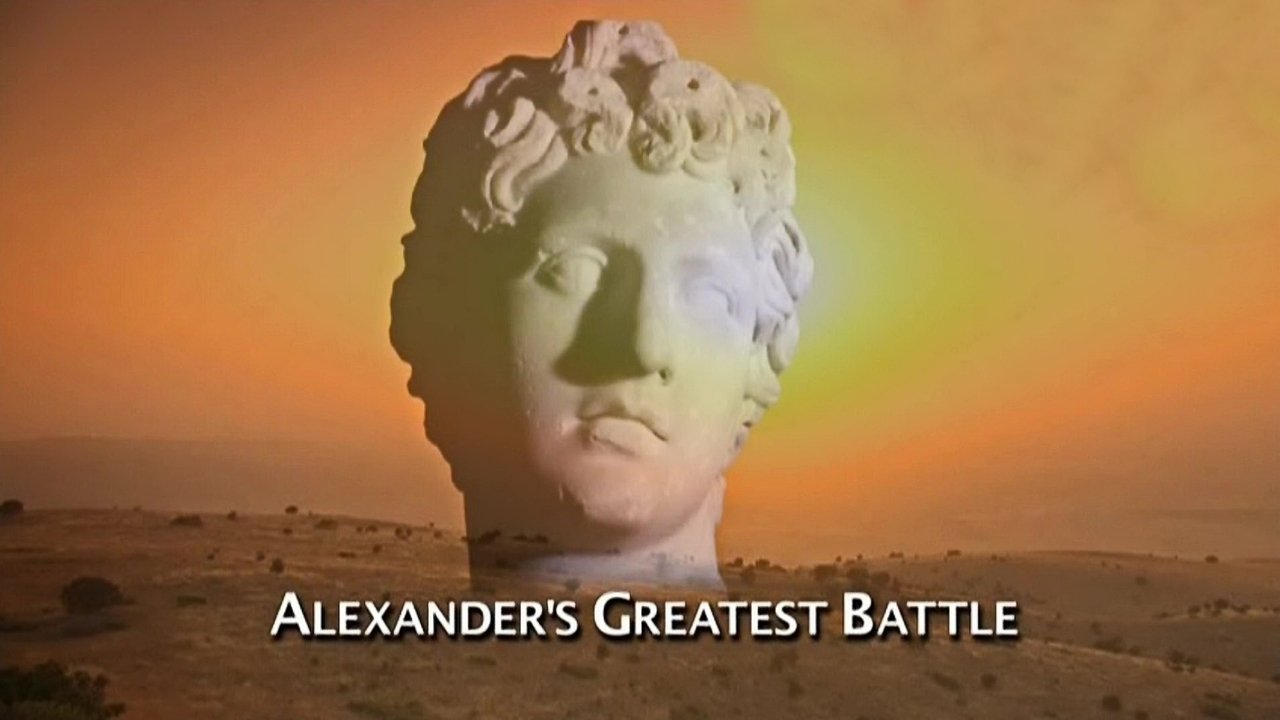
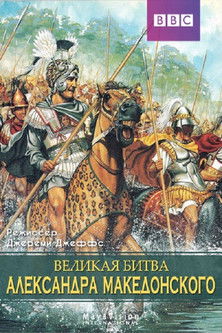
Alexander's Greatest Battle(2009)
Michael Wood travels through Syria and Iraq to uncover the story of Alexander the Great's decisive battle against the might of the Persian Empire in 331 BCE. Ancient writers agreed that it was fought somewhere near the city of Irbil in northern Iraq, but the exact location has never been discovered. Using dramatic new finds in the UK - a cuneiform clay tablet in the British Museum and a papyrus dug up in Egypt - Michael sheds new light on the course of events. Then to reconstruct the campaign, he follows Alexander's route through Damascus and Aleppo to the river Euphrates in Syria and travels into Northern Iraq with the British and US military.
Movie: Alexander's Greatest Battle
Similar Movies
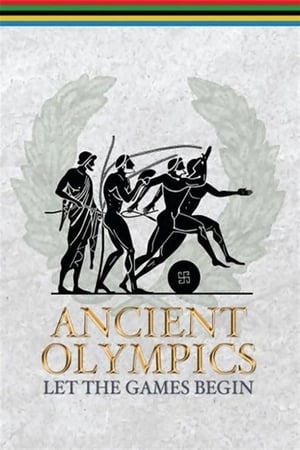 0.0
0.0Ancient Olympics: Let the Games Begin(en)
Come back with us to Ancient Greece, 2,500 Years ago to the original Olympic Games. The ancient Games, like our modern Olympics, included champions and cheaters, glory and scandals, bitter rivalries and contests of strength, speed and savage combat. Set in 448 BC when the pounding of horse's hooves and the brutal hand-to-hand combat could be heard and seen by the crowds that filled the Olympic stadium. This one-hour special event follows the glory and corruption of the arc of a single, five-day Olympiad. The competitions include chariot racing, running, jumping, discus, javelin and two man-to-man combat finals-boxing and pankration, a form of extreme fighting in which death was not uncommon. With the help of sports historians and great athletes such as George Chuvalo and Olympic medallists Donovan Bailey and Angela Schneider, viewers travel back to a very different life-in a very different world.
Out of Darkness: Heavy is the Crown (Vol. 1)(en)
An examination of how Africa's mythological stories have served as the basis for the world religions that came after, especially in Western civilization.
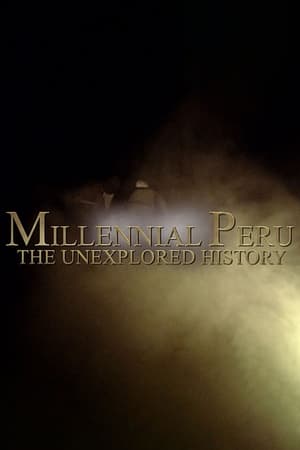 0.0
0.0Millennial Peru: The Unexplored History(es)
In the Formative Period 4,000 years before the Incas and the arrival of the Conquistadors, Peru’s earliest civilizations - the Chavín, Caral, Ventarrón, Sechin, Cupisnique, and Cajamarca cultures - built centers of learning and technological achievements, including the largest work of hydrological engineering in the ancient Americas: the Cumbemayo canals.
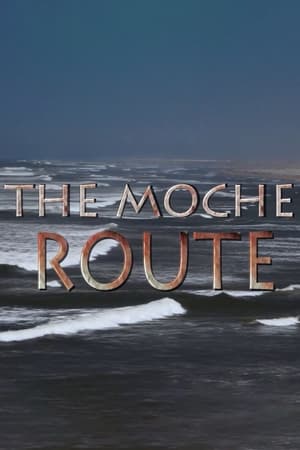 0.0
0.0The Moche Route(es)
Starting from the colonial city of Trujillo, this documentary reveals natural and archeological features along the north coast of Peru, where the Moche culture thrived from the 1st Century BC to the 6th Century AD.
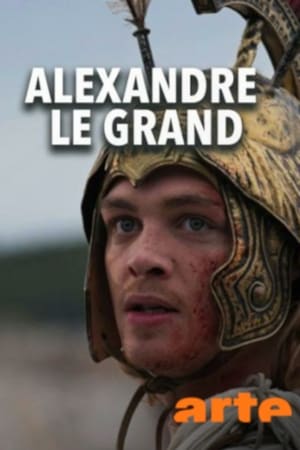 7.0
7.0Alexander der Große – Kampf und Vision(de)
Behind the myth of Alexander the Great, romanticized by centuries of history, the reality of the character tends to fade. Here's a rereading of the story of a multi-faceted conqueror.
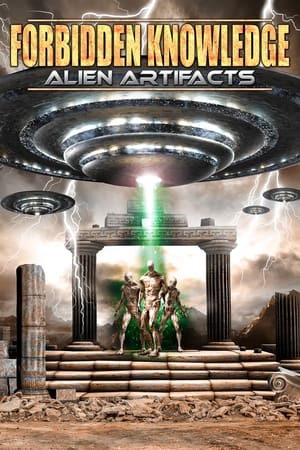 6.0
6.0Forbidden Knowledge: Alien Artifacts(en)
Shocking new evidence of highly advanced civilizations mounts as previously unexplored regions of the earth reveal mind boggling artifacts that defy all convention and utterly mystify today's academic and scientific factions. It's clear there are massive gaps between our current understanding of the cosmos and the origins of humanity and that of ancient civilizations that existed before "recorded history". Experience unprecedented relics and artifacts that force us to re-evaluate the mainstream dogma of who we are and where we came from.
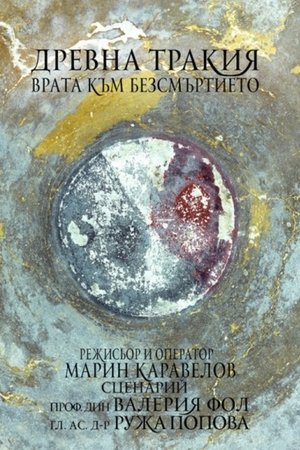 0.0
0.0Ancient Thrace: A Door to Immortality(bg)
A documentary film about Ancient Thrace.
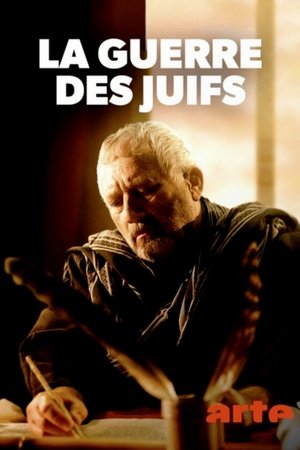 7.0
7.0The Jewish-Roman Wars(de)
In the first century, after the death of Herod the Great, Judea goes through a long period of turbulence due to the actions of the corrupt Roman governors and the internal struggles, both religious and political, between Jewish factions, events that soon lead to the uprising of the population and a cruel war that lasts several years and causes thousands of deaths, a catastrophe described in detail by the Romanized Jewish historian Titus Flavius Josephus.
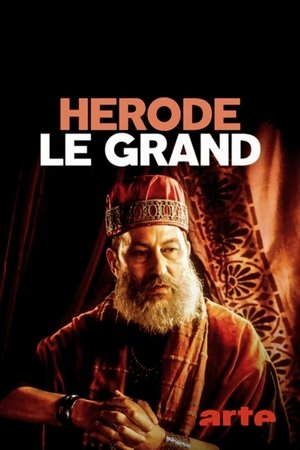 6.5
6.5Herod the Great: The Child Murderer of Bethlehem(de)
An account of the reign of Herod the Great, king of Judea under the rule of the Roman Empire, remembered for having ordered, according to the Gospel of Matthew, the murder of all male infants born in Bethlehem at the time of the birth of Jesus, an unproven event that is not mentioned by Titus Flavius Josephus, the main historian of that period.
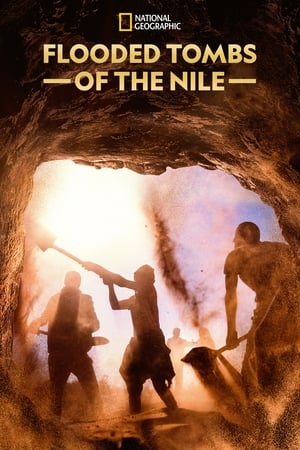 7.2
7.2Flooded Tombs of the Nile(en)
Outside the Sudanese capital Khartoum, the remains of an ancient city stand in the desert. Are you ready to dive beneath the pyramids of Sudan's black pharaohs?
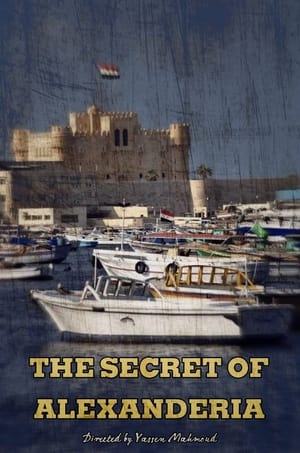 0.0
0.0The secret of Alexandria(en)
Motivated by a deep-seated love for his city, a burgeoning filmmaker has produced a short film celebrating the landmarks of Alexandria. The film seamlessly interweaves the city's past and present, evoking a sense of nostalgia
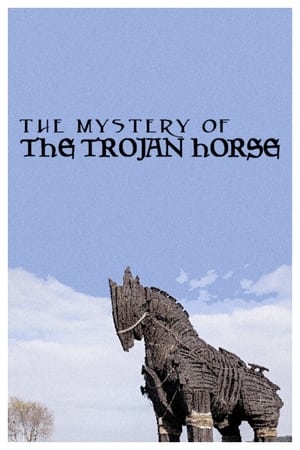 7.0
7.0The Mystery of the Trojan Horse(de)
The story of the Trojan Horse is probably one of the most famous stories ever told: after ten years of bloody war, the Greek coalition decides to lift the siege and depart, but not before leaving at the gates a huge wooden horse, which the Trojans confidently lead into the city. A few hours later, the once invincible Troy goes up in flames. What exactly happened? Is this myth true or false?
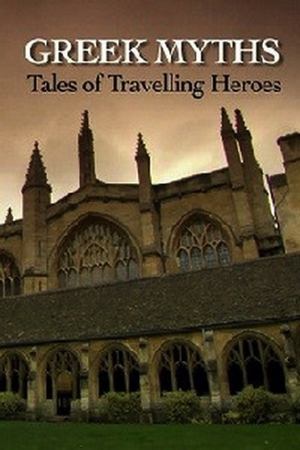 6.0
6.0Greek Myths: Tales of Travelling Heroes(en)
Eminent classical historian Robin Lane Fox embarks on a journey in search of the origins of the Greek myths. He firmly believes that these fantastical stories lie at the root of western culture, and yet little is known about where the myths of the Greek gods came from, and how they grew. Now, after 35 years of travelling, excavation and interpretation, he is confident he has uncovered answers.
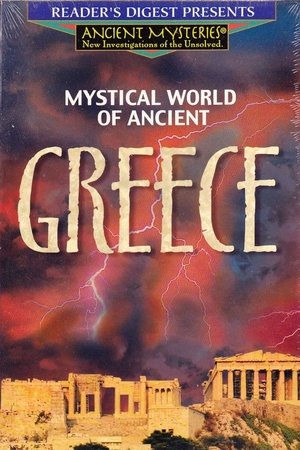 0.0
0.0Mystical World of Ancient Greece(en)
Over twenty-five hundred years ago, the ancient citizens of Athens, Greece built the most magnificent temples that mankind has ever been inspired to create. These towering shrines, shrouded with unworldly spirits, were home to mysterious cults that performed bold sacrifices and evoked unspeakable wonders. And yet, from the citadel of the Acropolis came the very hallmarks of civilization, ideas that remain today the highest testament to the nobility of man -- democracy, science, philosophy and theatre. Through stunning film, interviews with experts and vivid reenactments, you'll explore the haunting mysteries that still lie buried in the mystical world of Ancient Greece.
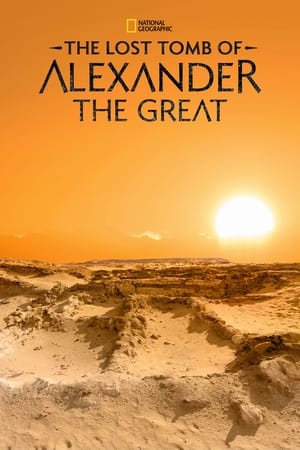 7.1
7.1The Lost Tomb of Alexander the Great(en)
In this gripping investigation, archaeologist Pepi Papakosta is on a hunt for Alexander the Great's lost tomb, and she makes an extraordinary discovery.
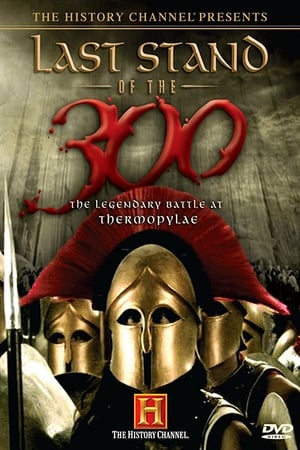 7.0
7.0Last Stand of the 300(en)
This is the true and astounding saga of the Spartans at Thermopylae. It is among the greatest tales of war ever recounted. All the glory and grit of these warriors' last stand is captured in this exceptional documentary. It is almost impossible to understand how 300 Spartans managed to hold off the million-man Persian army for even a moment, much less seven days. To a man they paid with their lives but their stunning Last Stand assured that their sacrifice would resonate throughout history. Transporting dramatizations and incisive graphics put you in the heat of the battle and show the lay of the land. The complications and strategies of the conflict are revealed through careful analysis, and critical moments are reconstructed to show exactly what happened. Discover what the Spartans were fighting for, what made them capable of such heroics and what drove them to such sacrifice.
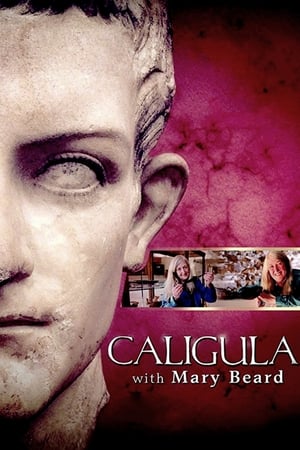 7.6
7.6Caligula with Mary Beard(en)
What is true and what is false in the hideous stories spread about the controversial figure of the Roman emperor Gaius Julius Caesar Augustus Germanicus (12-41), nicknamed Caligula? Professor Mary Beard explains what is accurate and what is mythical in the historical accounts that portray him as an unbalanced despot. Was he a sadistic tyrant, as Roman historians have told, or perhaps the truth about him was manipulated because of political interests?
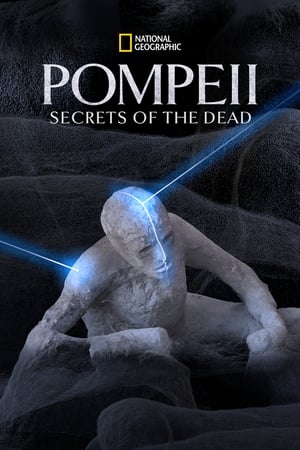 6.7
6.7Pompeii: Secrets of the Dead(en)
Forensic experts scan Pompeii’s victims to investigate why they didn’t escape the eruption.
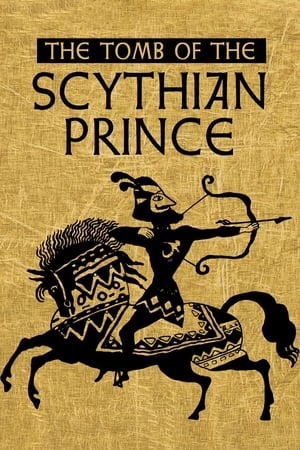 0.0
0.0The Tomb of the Scythian Prince(fr)
The Scythians, skilled horsemen and nomadic conquerors, built a feared empire in the vast Eurasian steppe between the 9th and 3rd centuries B.C. All that remains are their graves: the Kourganes. In April 1999, a 2400 year-old Scythian tomb was discovered in Kazakhstan. It contained, among other treasures, twelve horses completely harnessed in gold, suggesting high social status.
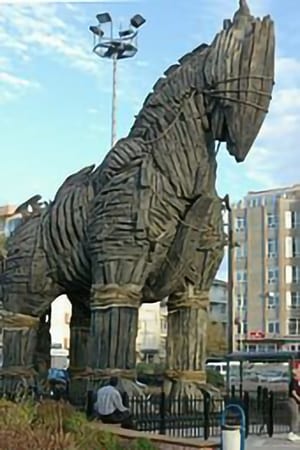 6.5
6.5Trojan Horse: The New Evidence(en)
For centuries Troy was believed to be a mythical city. Now, a leading team of American archaeologists have discovered an ancient thriving city, and evidence of a real Trojan War.